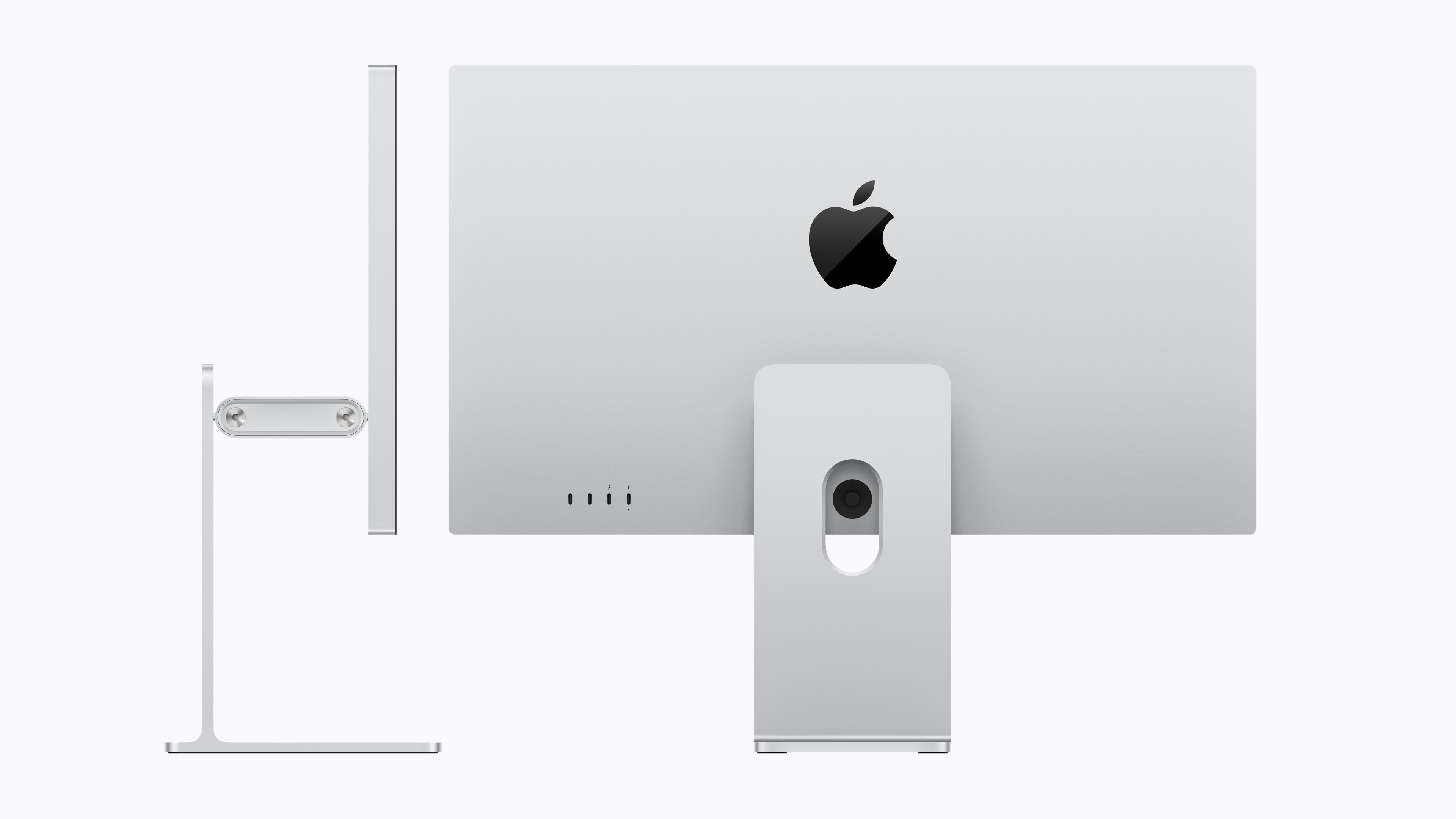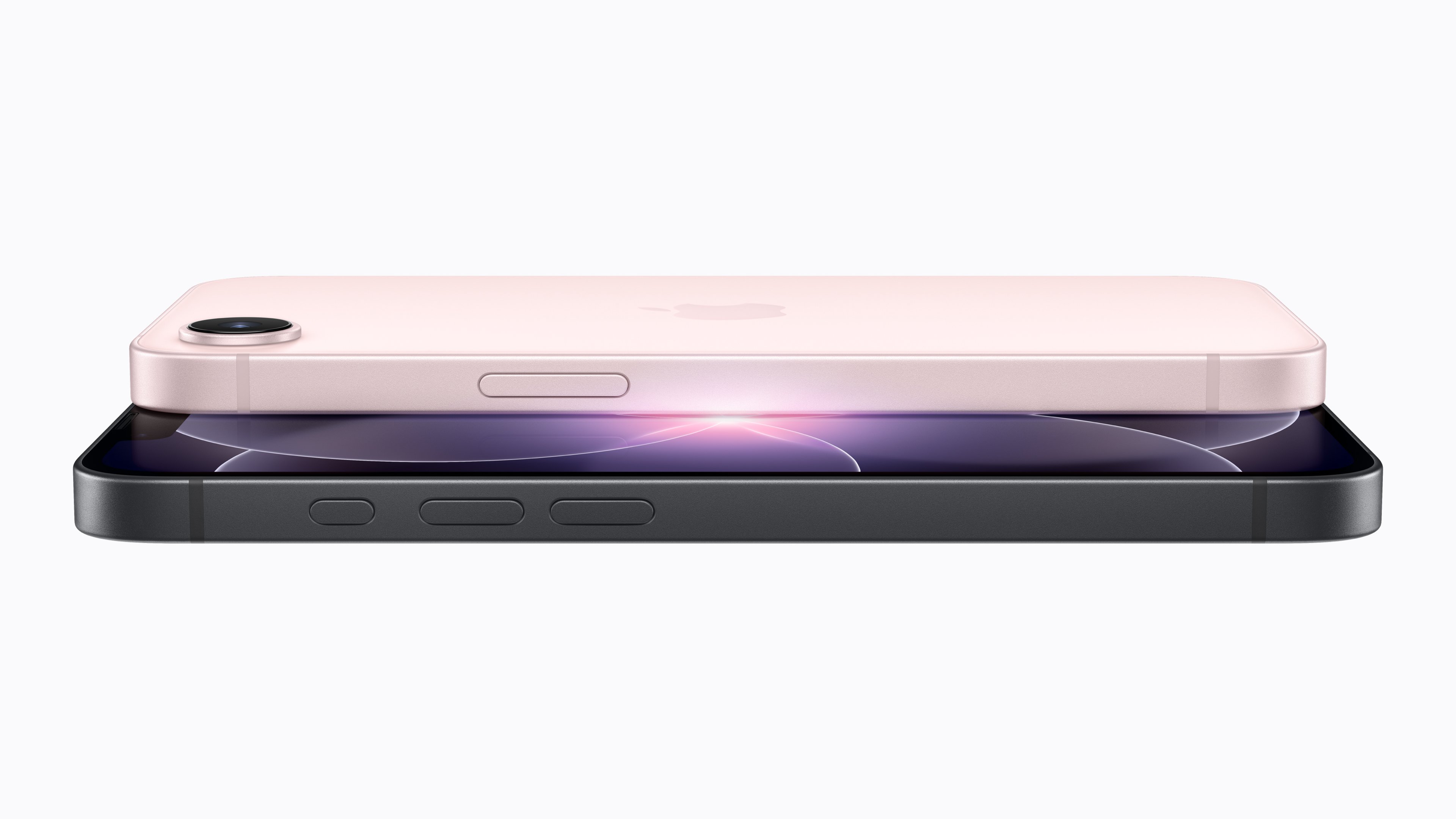Barron's recently published the key parts of a research note from analyst Katy Huberty regarding Apple's (AAPL 0.39%) iPhone pricing. Huberty begins the note with some sensible, if not entirely novel, thoughts. She says Apple "is an aspirational brand offering high-quality, innovative products at a premium price," meaning Apple gets to sidestep "the typical trend of declining prices that drive demand for other devices."
It's the next line where the analysis begins to lose me: "In fact, demand for iPhone is directly correlated to the direction of [average selling prices] -- higher prices, higher demand and vice versa," Huberty asserts.
I don't think it's the pricing that drives the demand. Allow me to explain.

Image source: Apple.
Higher prices allow for better features
If Apple had announced just the iPhone 8 and 8 Plus at its Sept. 12 keynote and increased pricing substantially from the last generation of phones -- -- in other words, if the iPhone X had been just a figment of the the tech press's imagination -- I don't think that would've driven higher demand.
In fact, in that case, I'd expect demand to decline, perhaps substantially so, because Apple wouldn't really be delivering a better value with those higher-priced iPhone 8 and 8 Plus smartphones relative to what Apple delivered with the iPhone 7 and 7 Plus last year.
However, the reality is that the iPhone 8 and 8 Plus launched at roughly the same price points their direct predecessors did a year ago, and the iPhone X models come in at higher price points than the iPhone 8 and 8 Plus do. At that higher price point, Apple has gone all out to make it worth consumers' while. The iPhone X has a slick, full-face OLED display, a stainless-steel frame, 3D sensing capability, and superior front and rear-facing camera subsystems.
It's not that consumers particularly want to pay more money. If Apple could've delivered the iPhone X at iPhone 8 Plus-like price points with an acceptable margin, I'm sure demand for the phones would be even higher. But additional features naturally drive component and manufacturing costs up, and it seems as if customers find the new features Apple can bring to its devices when it has the freedom to charge more worth the premium.
In other words, Apple customers are apparently willing to pay more to get a better product.
How does Apple proceed?
I expect the iPhone X to sell well, and I think the success of the iPhone X will embolden Apple to deliver higher-priced iPhones packed with a lot of interesting and potentially unique features that it otherwise couldn't have brought to market.
If Apple can properly capitalize on this unique position in the crowded smartphone market, not only does it stand to increase its iPhone-related revenue as average selling prices increase, but it also stands to gain unit share in the years ahead.





